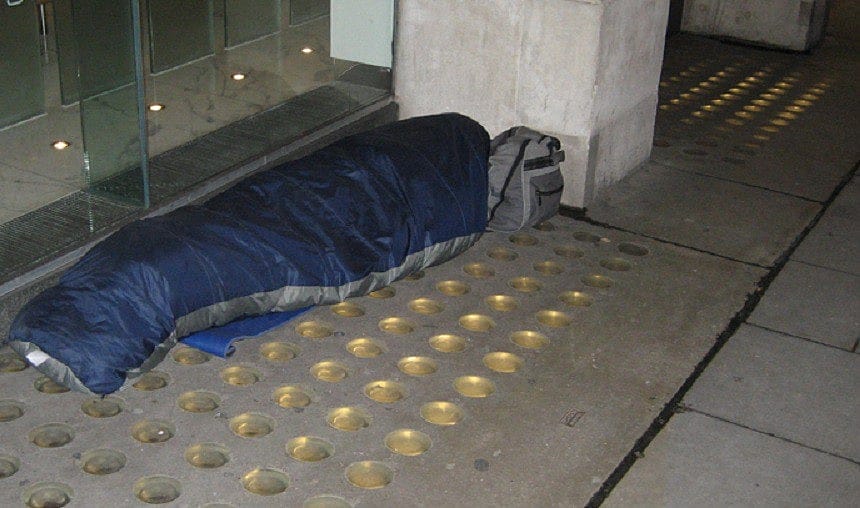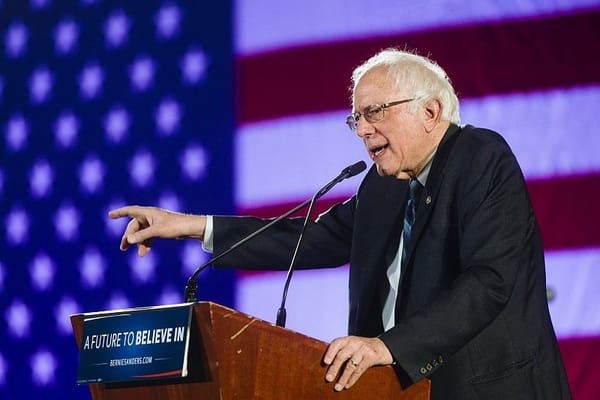Homelessness surging as Boston mounts yearly count

BOSTON – Last year brought its challenges to the homeless in Boston, with record snowfall and the unexpected closure of the Long Island shelter, eliminating 700 beds. Now, as winter deepens once again, the city aims to come up with a plan to end chronic homelessness.
To gather data to help inform policy makers trying to combat the problem, the city on Wednesday will conduct its 36th Annual Homeless Count, in which Mayor Marty Walsh will join 375 volunteers on 36 teams traversing neighborhood streets, T stations, parks, and doorways in search of people who don't have shelter. The teams will also work to provide transportation to shelters for those in need.

